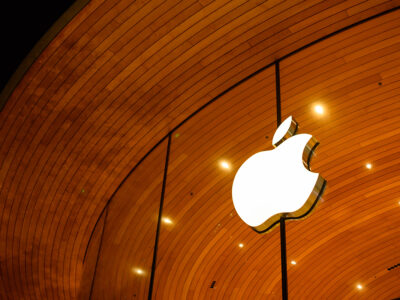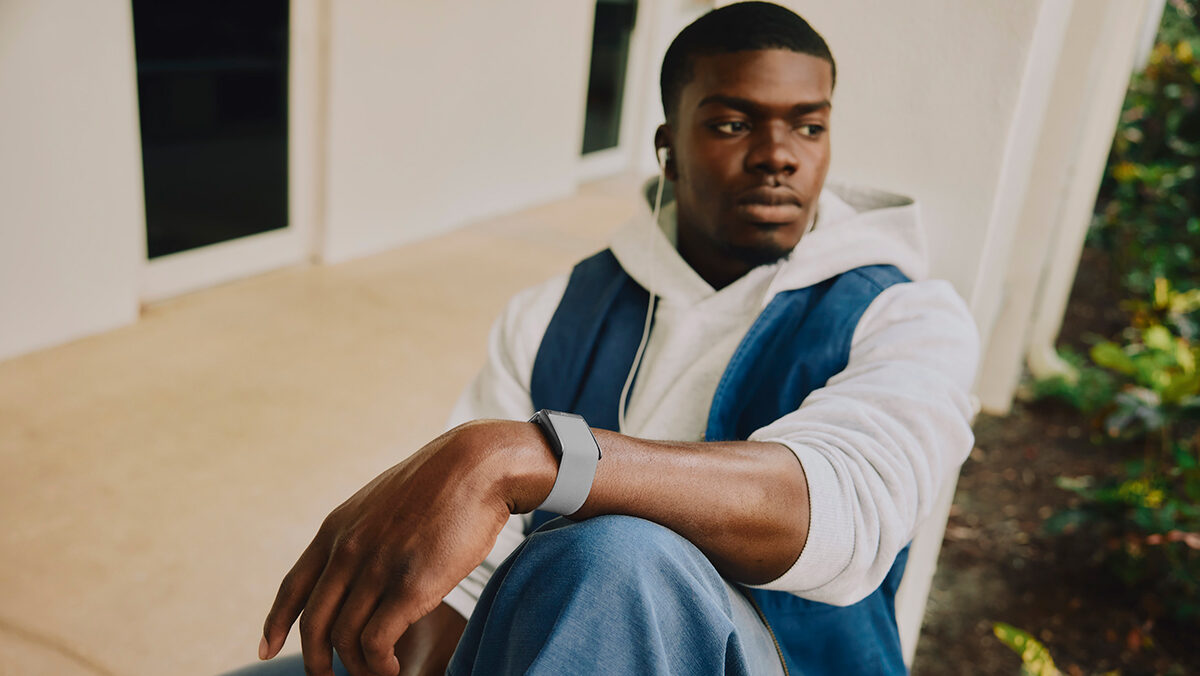In the fast-paced world of performance and productivity, WHOOP wants to slow time and the Gulf is listening closely. The American wearable tech company is transforming how athletes, executives, and governments approach health, recovery, and efficiency. With growing interest in the Middle East, it’s now aligning with the Gulf’s vision of tech-powered wellness and human potential.
This shift represents more than just fitness it touches the core of how time is experienced, optimised, and lived fully. From elite sports to royal innovation projects, this wearable is making waves in the Gulf Cooperation Council (GCC) region.
What is WHOOP and why does it matter?
This high-performance device tracks sleep, strain, recovery, and overall wellness. It is trusted by professional athletes, CEOs, and military personnel worldwide. More importantly, the company is on a mission to help people extend their prime by managing exertion, enhancing recovery, and making informed lifestyle decisions.
Rather than reversing time, the goal is to optimise it empowering users with greater energy, longer peak performance, and improved productivity.
The Gulf’s new focus on performance tech
WHOOP wants to slow time and the Gulf is responding. Countries like the UAE, Saudi Arabia, and Qatar are rapidly investing in sports science, wellness technology, and performance analytics. These aren’t passing trends—they’re shaping national healthcare policies.
Initiatives like Saudi Arabia’s Vision 2030 and the Dubai Health Strategy 2026 welcome data-driven solutions to enhance well-being. Citizens, athletes, and professionals are being encouraged to thrive not just survive. That’s where this innovative tracker fits in.
From sports academies to government-backed hospitals, Gulf institutions are beginning to adopt new tools for stress management, recovery, and resilience. It’s part of a broader shift toward proactive health monitoring.

Strategic partnerships in the Middle East
To meet demand, the company is expanding through partnerships with fitness centres, performance coaches, and wellness platforms. Reports suggest ongoing talks with leadership in Dubai and Riyadh to introduce pilot programs for high-stress professions like aviation, elite sports, and public administration.
The device is also being showcased at regional events such as GITEX Global and Arab Health, offering hands-on demos and live performance data to potential partners.
5 reasons this tech is transforming the Gulf
1. Advanced sleep optimization
It tracks deep, light, and REM sleep, offering personalised feedback to improve rest and mental sharpness key for peak performance in high-demand jobs.
2. Personalized recovery guidance
By analysing heart rate variability and resting heart rate, users receive a daily recovery score. This allows them to manage training, work stress, and burnout risk more effectively.
3. Strain measurement and stress control
Users can understand how daily physical or emotional strain impacts performance. The app helps balance intensity with proper rest and planning.
4. Behavioral feedback
From caffeine to screen time, it measures daily habits and their health impact, guiding users toward sustainable routines.
5. Long-term wellness tracking
More than a day-to-day tool, the wearable provides data that helps identify early health risks and track improvement over time crucial for longevity and quality of life.
Why regional demand is rising
The Gulf region is undergoing a major shift in how it views health and wellness. With billion-dollar investments in AI, healthcare innovation, and smart cities, the demand for accurate, wearable analytics is rising fast.
A younger, health-conscious population combined with increasing awareness of burnout and mental stress is fueling this interest. People want tools that help them stay strong, both physically and mentally, for longer.
This tech’s core philosophy extending prime performance and preventing decline is striking a chord across the region.

What’s next for WHOOP in the Gulf?
With its rising popularity, the company is expected to launch Arabic-language interfaces, form influence partnerships, and potentially open regional offices. Customised wellness programs for Gulf executives and national teams may also be introduced.
There is early discussion around government pilot schemes to test how wearable health data can improve workforce productivity and resilience. If successful, these models may be adopted globally.
A new way to measure time
WHOOP wants to slow time and the Gulf is welcoming this idea. The region is not just adopting new tech it’s rethinking how we define productivity, energy, and quality of life.
In a culture where time is precious, this wearable offers a way to extend it not by changing the clock, but by helping every moment count more.
Do follow Gulf Magazine on Instagram
Also Read – Al Gharrafa Park Summer Destination: 6 Unbelievable Things to Explore



